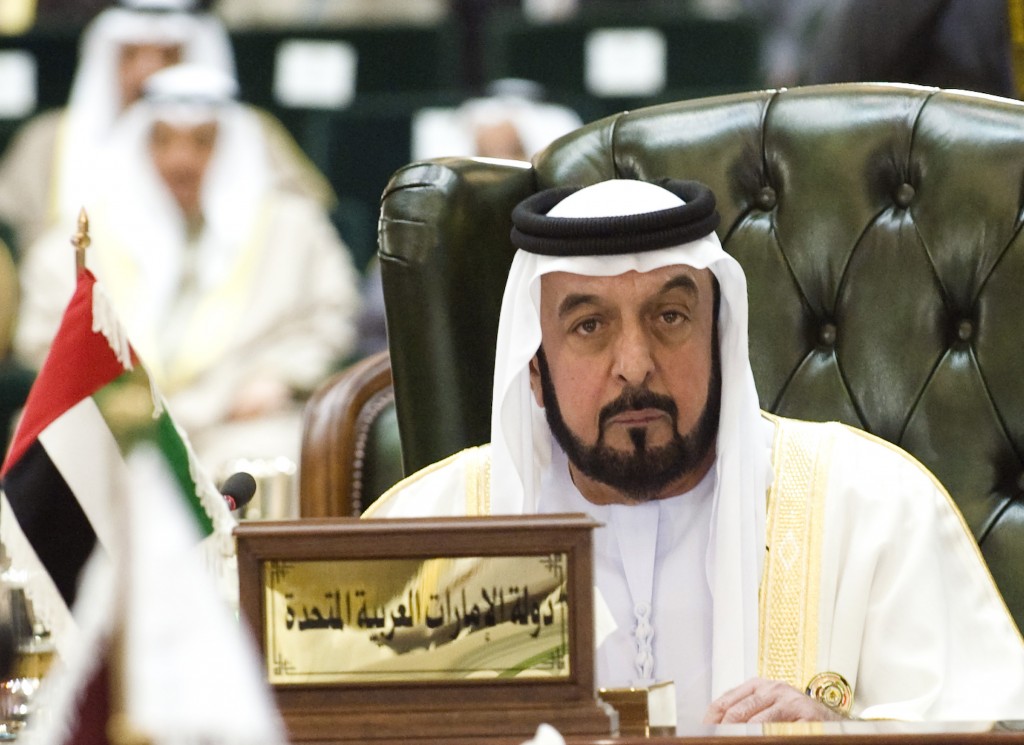Abu Dhabi – President Sheikh Khalifa bin Zayed Al Nahyan issued the landmark Federal Law for Tax Procedures, which sets the foundations for the planned UAE tax system, regulating the administration and collection of taxes and clearly defining the role of the Federal Tax Authority (FTA).
The Federal National Council (FNC) approved the draft law in March, and with the presidential approval to the tax law, the country now has a legal framework for taxation, implementation and administration.
“The Tax Procedures Law is a significant milestone towards establishing the UAE’s tax system and diversifying the economy,” said Sheikh Hamdan bin Rashid Al Maktoum, Deputy Ruler of Dubai, UAE Minister of Finance and FTA Chairman.
“The new law is an all-encompassing legislative framework that lays the groundwork for the UAE’s plan to implement taxes as a means to ensure sustainability and diversify the government’s revenue streams,” said Sheikh Hamdan.
“The increased resources will enable the government to maintain the momentum of its development and infrastructure for a better future.”
It defines a clear set of common procedures and rules to be applied to all tax laws in the UAE, namely, value added tax (VAT) and excise tax laws, and it clearly states the respective rights and obligations of the FTA and the taxpayer.
The law also covers tax procedures, audits, objections, refunds, collection and obligations, which include tax registration, tax-return preparation, submissions, payment and voluntary disclosure rules – in addition to tax evasion and general provisions.
When the Tax Procedures Law goes into effect, all UAE-based businesses will be required to keep accurate records for five years.
It sets penalties for non-compliance as well as clear processes for appeals, which align with international best practices and establishes a fair and transparent environment for the FTA to carry out its mandate.
“The UAE is committed to meeting the most stringent international standards,” Sheikh Hamdan said.
“We are working to establish an optimal legislative and executive environment to ease the nation into the VAT and excise tax systems.”
Sheikh Hamdan stressed that implementing these taxes gives the UAE further leverage when it comes to international competitiveness and “brings us one step closer towards building the future envisioned by our wise leaders, who have called on all those in charge to innovate and strive to spread happiness among citizens and residents.”
